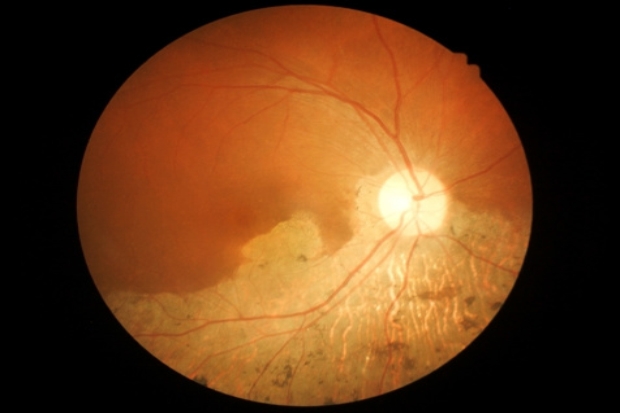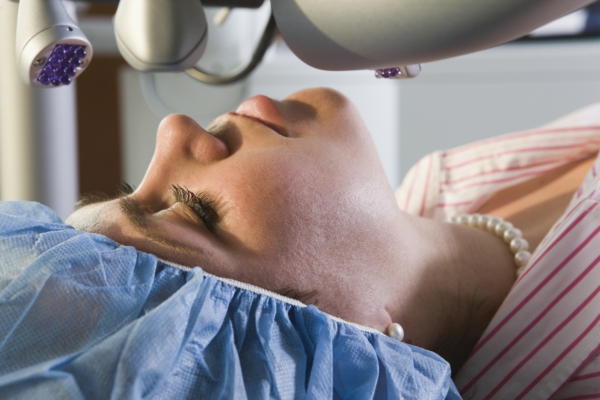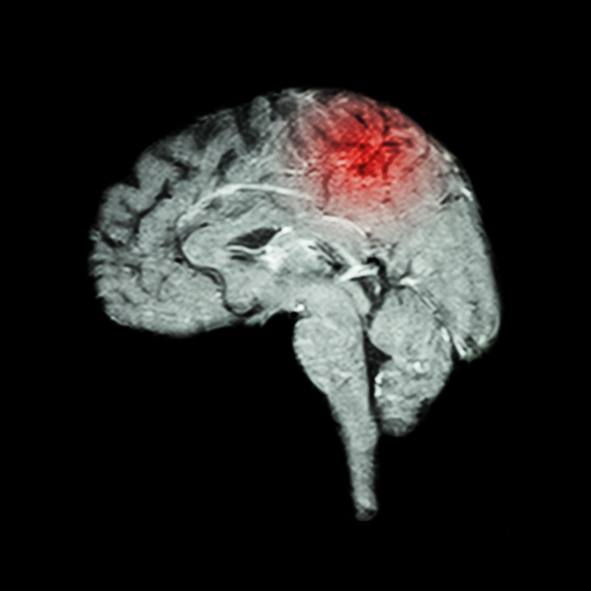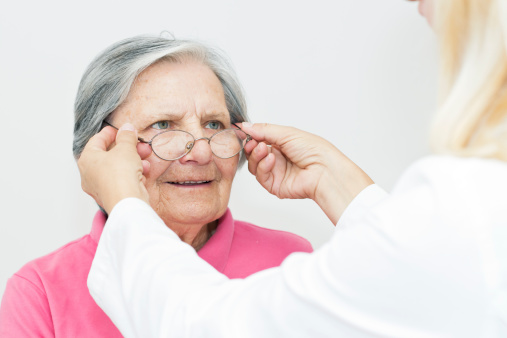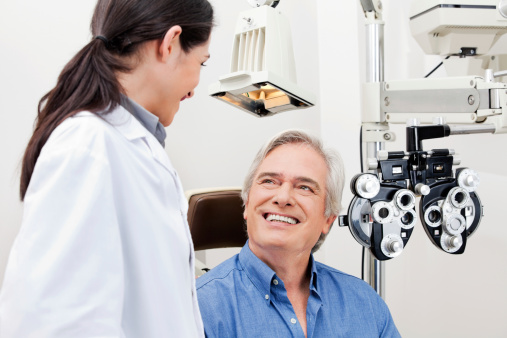How do eye doctors recommend lifestyle changes to their AMD patients?
Age-related macular degeneration (AMD) is the leading cause of permanent blindness in Americans, and it occurs as a result of aging. There aren’t any specific treatments or cures for AMD, but many optometrists and ophthalmologists will recommend their patients adhere to healthy lifestyle habits as a means to keeping their eyes healthy and slowing down ...click here to read more





